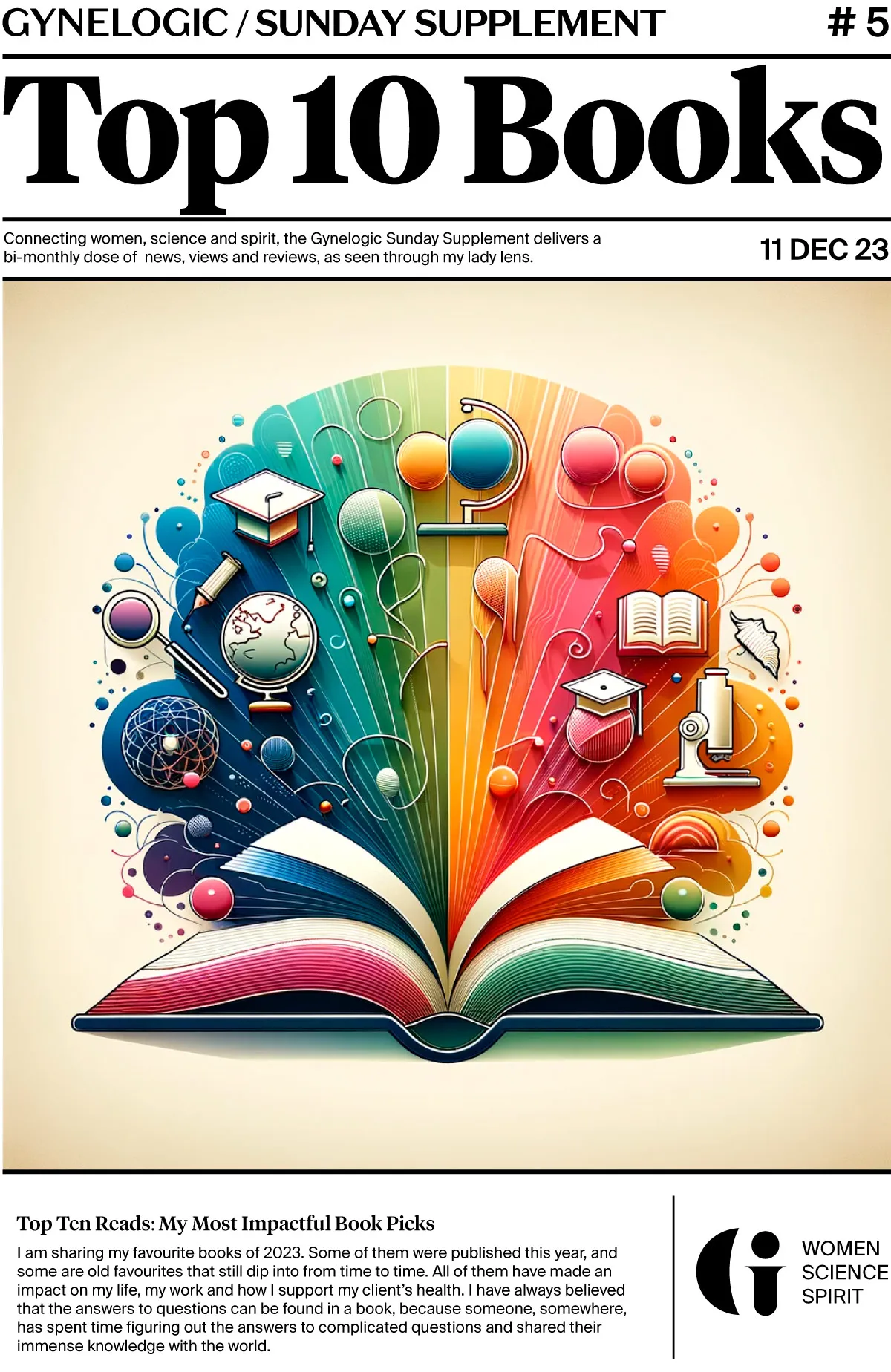… a prospective, population-based, 2-year observational study of Canadian adolescents aged 16–19 years showed that those who used combined hormonal contraceptives (CHC) had decreased gains in femoral bone mineral density compared with those who did not use CHC. Loss of bone mineral density on CHC was unrelated to dose of ethinyl estradiol. Earlier data had already shown the lack of a dose effect from CHC estrogen on bone; patients on 20–35 μg ethinyl estradiol CHC formulations all had suppressed markers of bone remodelling. Our recent meta-analysis comparing adolescents who did and did not use CHC also showed impaired accrual of bone mineral density among CHC users across a wide range of doses.
Why might adolescents taking CHC have lower gains toward peak bone mineral density than those not taking CHC? Bone resorption and formation are tightly coupled physiologic processes. As with the lower doses of estrogen in menopausal hormone therapy, CHC suppress bone resorption and therefore prevent the necessary bone growth that adolescents require to reach peak bone mineral density.





